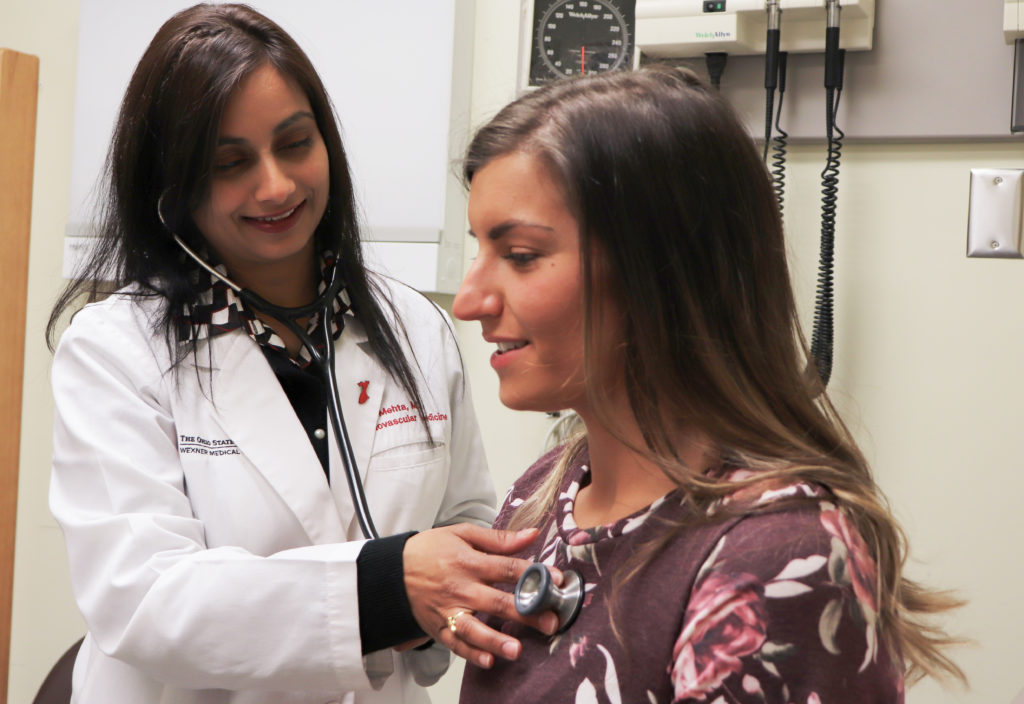The American Heart Association is urging doctors and patients to consider cardiovascular health when making treatment decisions for breast cancer. The new paper – published in the journal Circulation – presents information on shared risk factors between breast cancer and cardiovascular disease and highlights the damaging effects of some cancer therapies on the heart.
While cardiovascular disease is the number one cause of death in women in the US, many women are more concerned about their risk of breast cancer. According to the new information from the American Heart Association, the two diseases are linked in multiple ways.
“Heart disease and breast cancer share common risk factors such as age, sedentary lifestyle and smoking,” said Dr. Laxmi Mehta, a cardiologist at The Ohio State University Ross Heart Hospital. “More importantly, we see that many of the same things that improve heart health (healthy diet, healthy weight, exercise, not smoking) can also reduce a woman’s risk for breast cancer.”
While factors such as age and genetics can’t be modified, there are also risk factors for both breast cancer and cardiovascular disease that can be changed. Hormone replacement therapy can increase some women’s risk of breast cancer and heart disease – a fact which should be considered before the treatment is prescribed.
Mehta and others believe that greater collaboration between oncologists and cardiologists is necessary to better understand the link between breast cancer and heart disease, and protect patients. Mehta and her colleagues say that heart health should be considered through all aspects of breast cancer patient care, from initial treatment decisions to monitoring treatment progress.
“These potential side effects impact each patient differently. Let me be clear, we are not suggesting that breast cancer patients should worry about or refuse their recommended breast cancer treatment,” said Mehta. “Modern treatment is essential for fighting breast cancer and improving survival. The potential cardiovascular effects are an important part of the conversation that patients should have with their oncologist.”
Chemotherapy, radiation and other forms of cancer treatment can all have negative effects on heart health, even after patients have been in remission. Mehta suggests that heart disease prevention should remain a priority after a treatment course for breast cancer is completed.
“Fortunately, with the ongoing advances in cancer treatment we are seeing improved survival of cancer patients. However, heart disease prior to, during or after cancer treatment can impact outcomes. We need to be successful in treating both cancer and heart disease,” said Mehta. “Additionally, we hope this paper drives even more interest in the field so we can continue to see the development of more training programs, research and guideline development in the field of cardio-oncology.”












Join or login to leave a comment
JOIN LOGIN